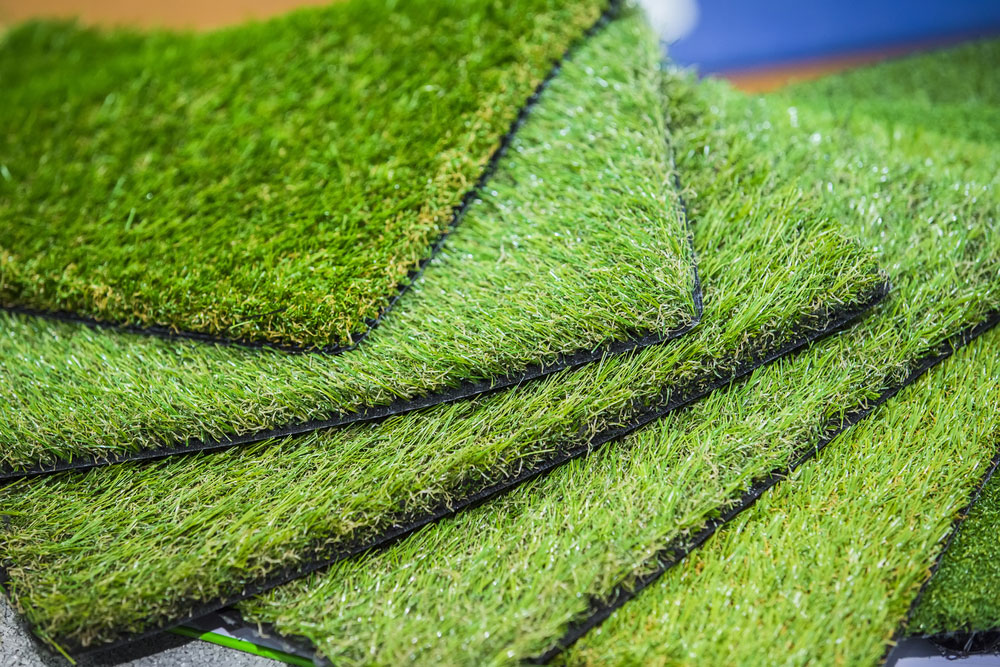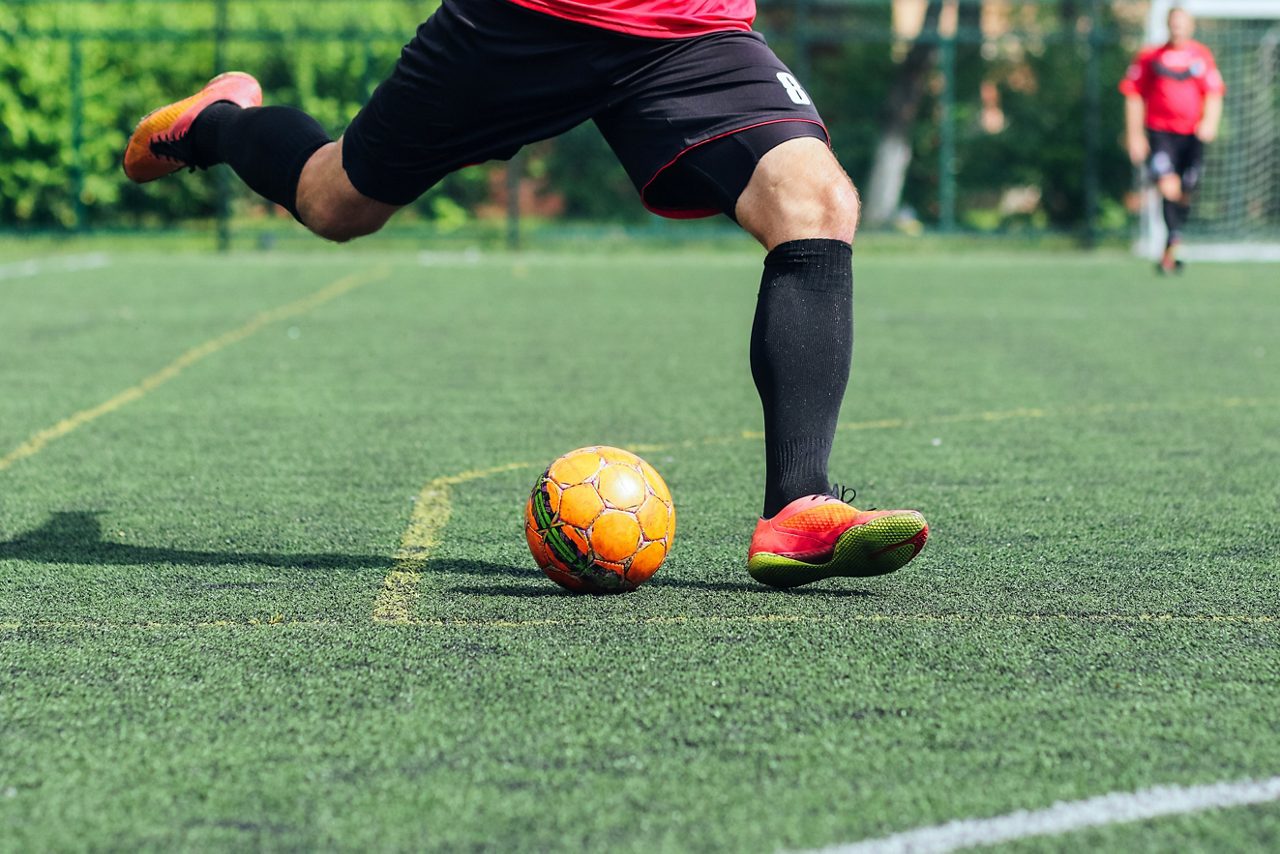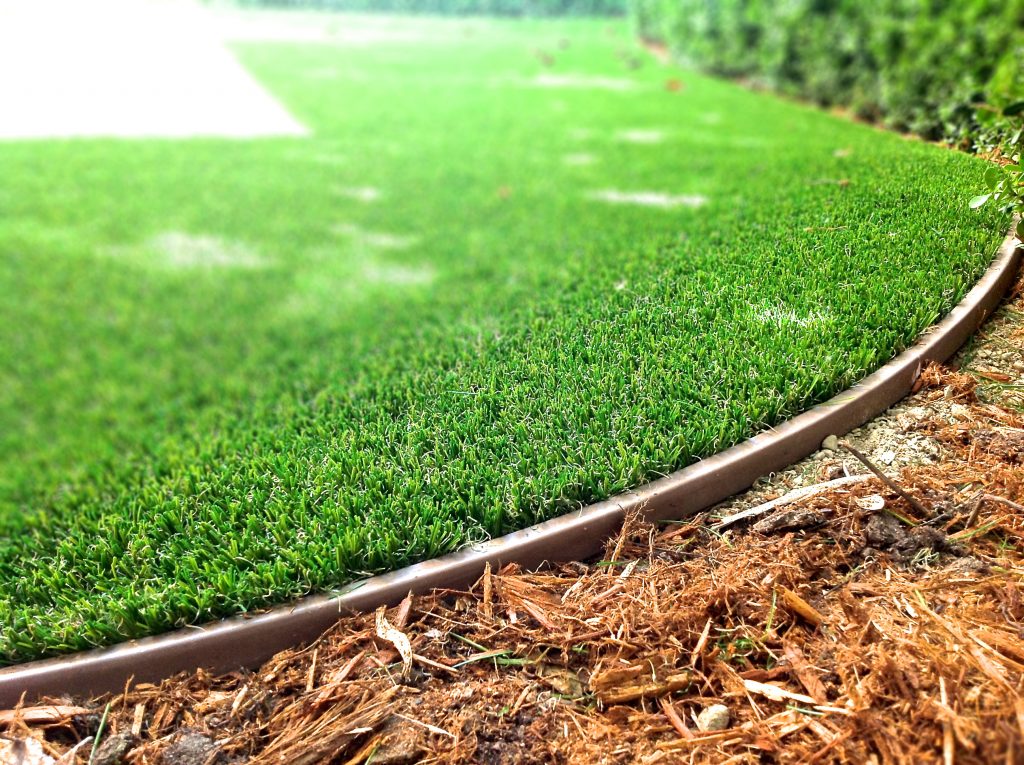Explore the Environmental Conveniences of Opting for Synthetic Grass Solutions
The fostering of artificial turf options presents an engaging possibility to address pushing environmental challenges. By dramatically lowering water use and minimizing the application of dangerous chemicals, these alternatives not just advertise sustainable landscape design yet likewise safeguard neighborhood ecological communities. In addition, the lower carbon footprint connected with lowered maintenance tasks adds to a much more sustainable technique to land monitoring. The implications of these advantages prolong beyond mere conservation efforts, raising questions about their long-lasting impact on environment conservation and total ecological equilibrium. Discovering these measurements exposes an intricate interaction worth taking into consideration.
Water Preservation Conveniences
One of the most significant benefits of fabricated grass is its capacity to preserve water. Conventional grass lawns call for considerable watering, particularly in areas susceptible to dry spell or water restrictions. On the other hand, synthetic grass does not require watering, dramatically lowering the general need for water resources. This function is specifically beneficial in deserts where water deficiency is a pressing concern.
By removing the need for regular watering, man-made turf adds to lasting landscape techniques and assists minimize the environmental effect of excessive water consumption. Additionally, the preservation of water encompasses the decrease of runoff, which can cause dirt disintegration and river pollution.
Furthermore, the installment of synthetic grass permits home owners and towns to assign water resources more successfully, concentrating on necessary usages such as drinking water and agriculture. The shift in the direction of synthetic grass not just advertises accountable water use however additionally straightens with more comprehensive ecological objectives aimed at protecting all-natural resources.
As areas increasingly prioritize sustainability, the water conservation advantages of synthetic grass present an engaging instance for its fostering in household and industrial landscape design projects.
Reduced Chemical Usage
The shift to artificial grass substantially decreases the dependence on chemical treatments commonly used in natural lawn upkeep. Conventional lawn monitoring commonly entails the application of herbicides, chemicals, and plant foods to promote development and control bugs. These chemicals can posture threats to human health, neighborhood wild animals, and the atmosphere, adding to dirt and water contamination.
In contrast, synthetic grass eliminates the demand for these damaging materials. By lessening the release of artificial compounds right into the environment, synthetic grass advertises much healthier dirt and water systems.
In addition, the absence of chemical overflow related to synthetic grass installations aids secure regional rivers from air pollution, sustaining marine life and preserving biodiversity. Arizona turf. As areas progressively focus on lasting practices, opting for man-made turf provides a feasible solution that aligns with environmental preservation goals. With this shift, home proprietors can delight in lavish environment-friendly rooms without jeopardizing environmental health and wellness, leading the way for a much more sustainable future
Reduced Carbon Impact

Furthermore, the installment of synthetic grass can result in considerable water preservation. All-natural grass call for significant quantities of water for irrigation, which not only includes in the carbon impact connected with water extraction and treatment yet also strains local water resources. In contrast, man-made lawn requires minimal upkeep, calling for no watering, thereby substantially reducing water use and its connected energy costs.
In addition, the long life of synthetic grass adds to its decreased carbon effect. With a lifespan of as much as 15 years or more, the requirement for frequent substitutes is diminished, resulting in much less waste and reduced power consumption in production and dealing with traditional grass options. Generally, synthetic grass offers a lasting option for eco conscious landscaping.
Habitat Preservation
Environment preservation is a crucial consideration in the discussion over landscape design options, especially when contrasting synthetic grass to all-natural lawn. Natural lawn lawns commonly need considerable maintenance, consisting of making use of herbicides, pesticides, and fertilizers, which can detrimentally influence neighborhood communities. These chemicals can leach right into the dirt and rivers, damaging native plants and fauna and interrupting neighborhood habitats.
Man-made lawn removes the demand for unsafe chemicals, consequently shielding close-by wildlife and keeping the integrity of surrounding ecosystems. The installation of fabricated grass can lead to the conversion of former yard locations right into more biodiverse landscapes, such as pollinator yards or indigenous plant areas, which can sustain local wildlife.
Inevitably, the change to fabricated lawn not just preserves water and reduces upkeep efforts however likewise fosters a much more harmonious connection between human tasks and the natural surroundings, advertising habitat preservation in the procedure.
Long-Term Sustainability
Lasting sustainability is a vital consider examining the advantages of fabricated lawn over standard turf lawns. One of the most significant advantages of synthetic turf is its resilience; it can last approximately 15-20 years with minimal maintenance, whereas all-natural grass calls for constant reseeding and substitute. This long life decreases the requirement for continuous sources, such as water, fertilizers, and chemicals, which are crucial for preserving a healthy and balanced grass yard.
Additionally, synthetic grass adds to a decrease in carbon exhausts related to lawn care equipment. Conventional grass frequently call for gas-powered mowers, leaners, and blowers, every have a peek at these guys one of which add to air contamination. Arizona artificial turf. In comparison, synthetic grass gets rid of the requirement for such tools, promoting a cleaner setting
In addition, the production of synthetic turf increasingly utilizes recycled products, boosting article its sustainability account. As makers take on green methods, the ecological impact of synthetic grass continues to diminish.

Verdict
The fostering of artificial lawn remedies offers considerable ecological benefits, including considerable water preservation, decreased reliance on unsafe chemicals, and a reduced carbon impact. Fabricated lawn aids in preserving natural environments by minimizing land disruption and promoting lasting sustainability via the use of long lasting materials. Jointly, these factors highlight the possibility of fabricated grass to add favorably to environmental health and supply a practical alternative to conventional landscaping methods in a progressively resource-conscious world.
In contrast, synthetic grass does not need watering, considerably decreasing the overall need for water resources. By minimizing the release of artificial compounds right into the ecological community, man-made turf advertises healthier dirt and water systems.
Moreover, the installment of artificial turf can result in considerable water conservation. In contrast, fabricated grass needs very little maintenance, calling for no watering, consequently considerably reducing water use and Read More Here its linked energy costs.
